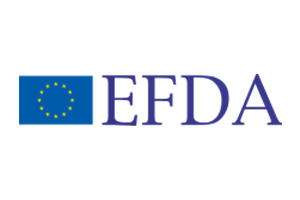
Today, about 80% of all energy produced comes from the fossil fuel (oil, carbon, and natural gas). European scientists are developing environmentally friendly, safe, and renewable energy technologies. Nuclear fusion is one of them. Nuclear fusion reactors promise high power energy sources, which have low impact on environment, are safe and have virtually unlimited fuel resources. This technology is not limited to heat and electricity generation, it also could be used for hydrogen production, which would lead to further development of the “hydrogen economy”.
European nuclear fusion research program allows using common European research and their development resources in all important research areas. Co-operation is especially important not only in the operation of the Joint European Torus (JET), but also in the execution of the European Fusion Development Agreement (EFDA) technological program, which is devoted to the ITER project, and also encompasses promising DEMO research. European fusion research and development program, based on EURATOM contract, is being coordinated and carried out by the European Commission.
After negotiations took place in the year 2006, Lithuanian Energy Institute (LEI) signed a contract on joining the EFDA agreement. On 2006 November 15, the first meeting of this project with the participation of the European Commission and Lithuanian organizations took place. During this meeting, project execution rules were presented and work programs for the year 2007 were agreed. The signed contract came into force from 1st January 2007 and Lithuania has officially become an EFDA member. Following signed contract the work program is composed every year and approved by the Steering Committee.
Two Lithuanian organisations participated in the EFDA project – Lithuanian Energy Institute and Vilnius University Institute of Theoretical Physics and Astronomy.
Contractor: European Commission
Partners:
- Lithuanian Energy Institute
- Vilnius University Institute of Theoretical Physics and Astronomy





